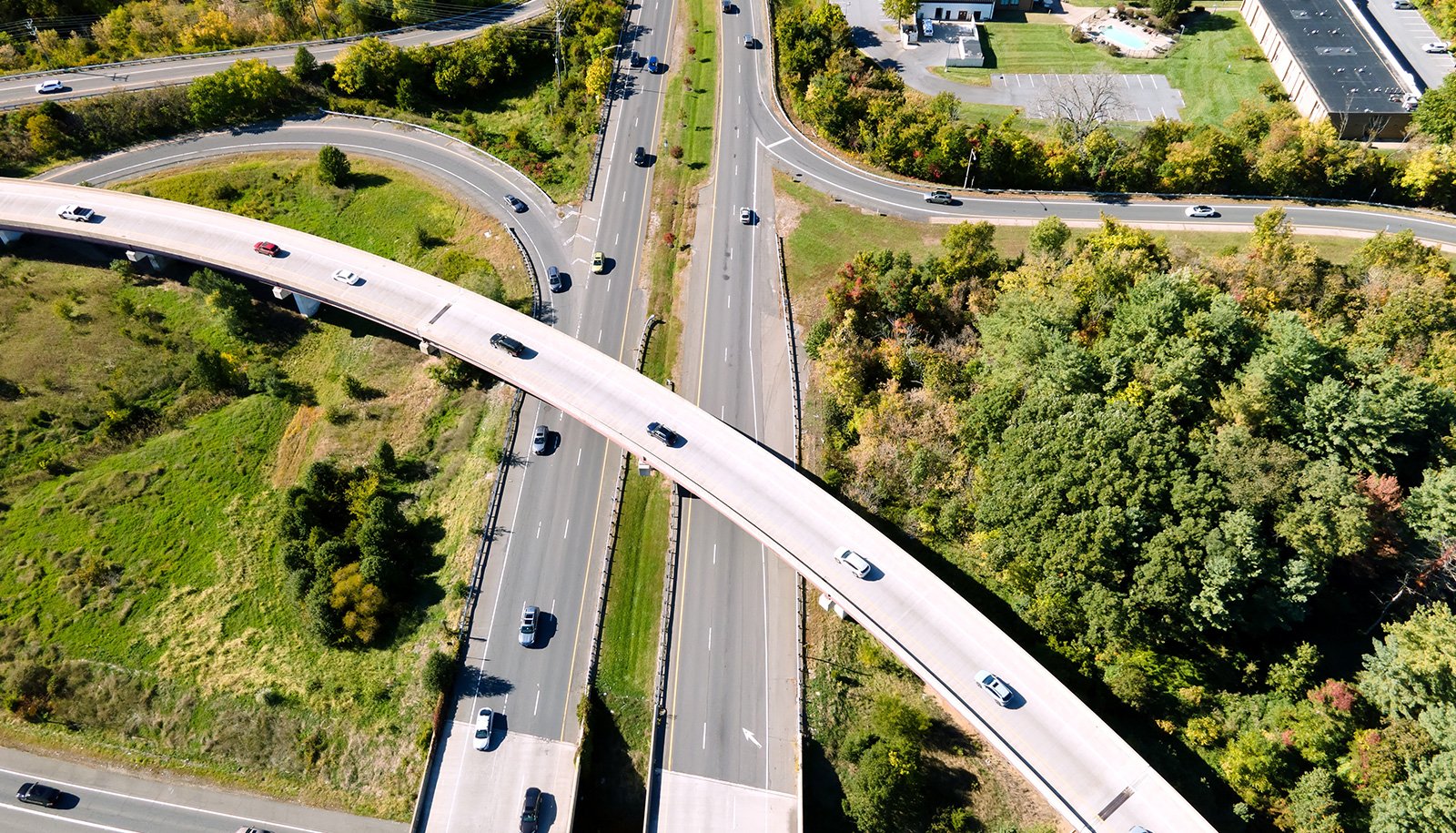Car insurance is a crucial aspect of responsible vehicle ownership. It provides financial protection in the event of accidents, theft, or other unforeseen circumstances.
In this post, we’ll get into the specifics of car insurance in Virginia — including whether it is required, coverage options, popular carriers, and the average cost.
IS CAR INSURANCE REQUIRED IN VIRGINIA?
Unlike most states, Virginia doesn’t legally require drivers to have car insurance. However, an alternative option for uninsured drivers is paying an annual fee to the Department of Motor Vehicles (DMV).
While this fee allows you to drive legally, it doesn’t provide any coverage in case of an accident. Therefore, it is generally advisable to have car insurance even though it is not mandatory.
The Uninsured Motor Vehicle Fee
Virginia's $500 Uninsured Motor Vehicle (UMV) fee is an alternative option for drivers who choose not to have car insurance. This fee, which is paid to the Department of Motor Vehicles (DMV), allows individuals to drive an uninsured vehicle legally.
However, it’s important to note that the UMV fee provides no insurance coverage. Driving without insurance leaves you at risk of financial liability in the event of an accident or other unforeseen circumstances. It’s always advisable to have proper car insurance to protect yourself and your assets in case of any unfortunate incidents on the road.
CAR INSURANCE OPTIONS IN VIRGINIA
In Virginia, even with the UMV fee, the state's minimum insurance requirements are designed to ensure that drivers have basic financial protection in case of accidents.
To legally operate a vehicle in the state, drivers must carry at least $30,000 of bodily injury liability coverage per person and $60,000 per accident. This coverage helps pay for medical expenses, rehabilitation, and other costs associated with injuries to others in an accident for which you are at fault.
Additionally, Virginia requires a minimum of $20,000 in property damage liability coverage, which covers the cost of repairing or replacing vehicles or property damaged in an accident. While these are the minimum requirements, it's often advisable to consider higher coverage limits to provide better protection and peace of mind on the road.
In addition to the required coverage, optional coverage options are available for drivers looking for comprehensive protection. These include:
Comprehensive coverage: This covers damages to your vehicle caused by non-collision events such as theft, vandalism, or natural disasters.
Collision coverage: Provides coverage for damages to your vehicle resulting from collisions with other vehicles or objects.
Uninsured/underinsured motorist coverage: Protects you if you are involved in an accident with a driver without insurance or sufficient coverage.
CAR INSURANCE CARRIERS IN VIRGINIA
Several reputable car insurance companies operate in Virginia, offering a range of coverage options and competitive rates. Some of the popular carriers include:
- Liberty Mutual
- GEICO
- Allstate
- Progressive
- Nationwide
- Farmers
Each insurance carrier has its own advantages and features, ranging from cost-effectiveness to excellent customer service. It is recommended to compare quotes and explore the offerings of different carriers to find the best fit for your needs.
THE AVERAGE COST OF CAR INSURANCE IN VIRGINIA
The cost of car insurance can vary significantly among different insurance carriers, and consumers need to compare quotes to find the best deal. According to a study conducted by MoneyGeek, the most affordable car insurance options in Virginia were USAA and Progressive, both offering an average annual premium of $333.
This tie-in pricing showcases the importance of shopping around for coverage, as it allows individuals to find policies that align with their budget while still meeting their insurance needs. Keep in mind that the actual cost of car insurance can depend on various factors — including the driver's age, driving history, the type of vehicle, and coverage options, so it's advisable to obtain multiple quotes to make an informed decision and secure the most cost-effective policy for your specific circumstances.
IS VIRGINIA A NO-FAULT STATE?
Virginia operates under a traditional fault-based system when it comes to auto insurance. In this system, the driver found to be at fault in an accident is responsible for covering the medical expenses, property damage, and other losses incurred by the other party involved.
This also means that accident victims in Virginia can pursue legal action against the at-fault driver to seek compensation not only for their medical bills but also for pain and suffering, lost wages, and other non-economic damages. Unlike no-fault states, where drivers typically seek compensation from their own insurance companies regardless of fault, Virginia's fault-based system allows for greater flexibility in pursuing claims through the legal system when necessary.
While car insurance isn’t legally required in Virginia, it’s strongly recommended to protect yourself financially in case of accidents or other events. Understanding the coverage options, comparing quotes from different carriers, and considering personal circumstances can help drivers in Virginia make informed decisions about their car insurance needs. Remember, having appropriate car insurance ensures peace of mind and safeguards your financial well-being.
If you need help finding the best car insurance coverage for the best price in Virginia, start by speaking to a SimplyIOA agent at 833.872.4467 or get an auto insurance quote online now.










